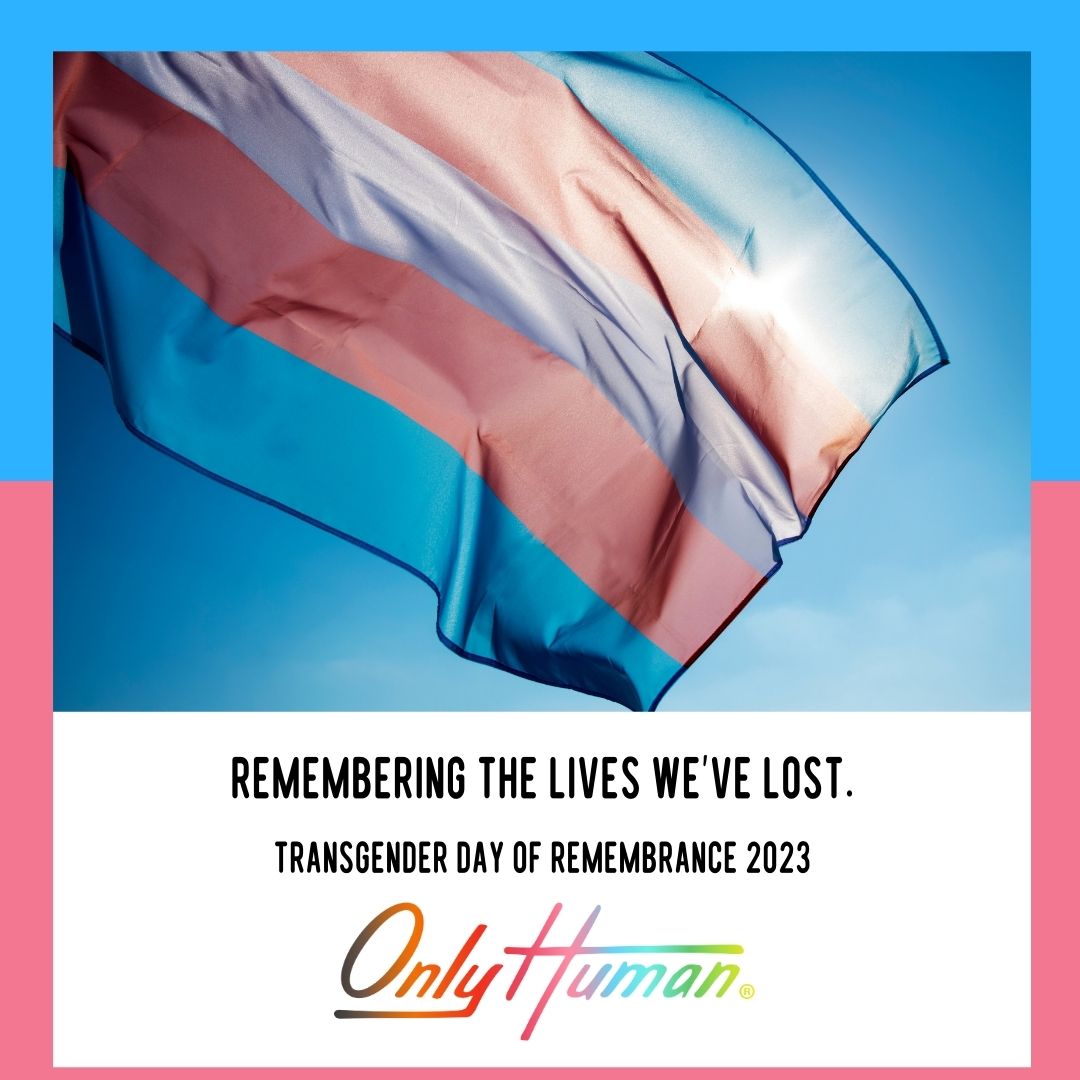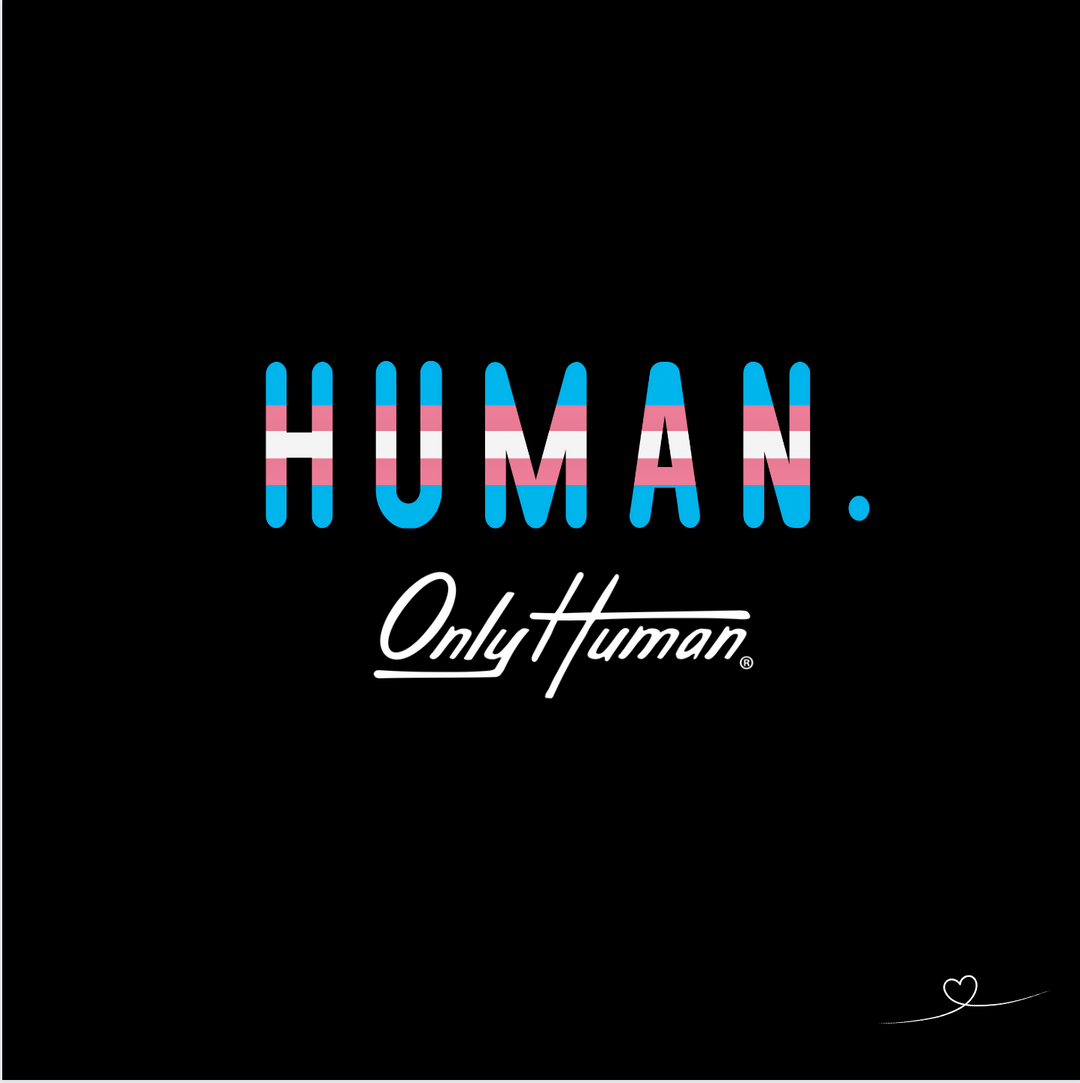Piece of the Journey: Beginning of the Fight

When thinking about how to share my journey as a transman, I thought about how unique everyone’s experience is, but also how I have been able to draw similarities within them for myself. Growing up in an extremely religious household, anything to do with the LGBT+ community was strictly taboo and never talked about. While it is still a daily struggle dealing with parents who do not respect or validate my identity, I wanted to focus on an aspect of my story that I personally have not really read or heard many other people discuss, with the hopes that this piece of my journey can help someone else in some way.
In March of 2019, I was at the beginning of my medical transition. During this time I was struggling with a lot of depression and anxiety and from the beginning of 2018 till then, I had been in and out of behavioral hospitals at least every 2 months. It felt like nothing was working no matter how many different medications, therapies, or hospital stays I tried. Being at the end of my rope I decided to go into a group home for SMI (serious mental illness) adults. I had submitted an application to go near the end of November 2018, and after not hearing anything for a while, started more heavily pursuing trying to get started on testosterone. I received my first shot on the 19th of March and got a call that I had to be at the group home the very next day. It was located about 4 and a half hours from where I lived and in the blink of an eye, I found myself living there less than 24 hours after my first testosterone injection. I was the first trans client they had ever received and at 20 years old, by far the youngest one in the home. Even though it shouldn’t have mattered that I still did not look like a “typical cis” man, for the staff who did not really have any prior experience with anyone from the LGBT+ community, it was a struggle for them to use correct pronouns and my chosen name.
Throughout my stay in the group home, there was a lot of trial and error. While it was extremely difficult, I was forced to find my voice to not only advocate for myself but for others. The other clients who lived with me were from all walks of life and in a sense discarded by family and society for something they had no control over. Everyone but me living in the home had some type of schizophrenia disorder and consistently struggled to recognize reality from delusions. But even with a barrier in communication sometimes, so many of them were the gentlest, kindest people I have ever met. They may not have understood what “trans” meant, but it didn’t matter. They never questioned my name or pronouns or saw me any different. From my first day, most of them welcomed me into their home, and took pleasure in the simplicities of life.
Very quickly it became apparent that this group home was not the right placement for me, but for months there was nothing I could do about it. I had no where else to go. Within the walls of the home I fought everyday with staff. Not only starting to demand respect for myself, but for every other client in the home. I was and am no better than anyone else living in that house, but I was blessed to have the ability to fight the injustices that went on behind closed doors to those who could not advocate for themselves. It was not only extremely unfortunate to see that staff was not properly trained on how to handle the different nuances that exist with every person struggling with mental illness, but also receive virtually no training on how to be mindful and respect trans identities. Inside the home, I was misgendered by higher up staff, and asked a lot of questions that was very much none of their business. Staff immediately realized I was not easily manipulated and took advantage of the fact that I had higher cognitive abilities than previous clients. I was grabbed and touched inappropriately multiple times by a specific male client with staff witnessing on some occasions and refusing to do anything because I had the “advantage” by having higher cognitive abilities. Almost four months of living there as well as almost four months on T, I was chosen to switch rooms from my single room to the only double room in the main house. My roommate was an older woman, experiencing a mix of schizophrenia and dementia and was rightfully confused and upset when learning she would be rooming with a “boy”. Despite my best efforts to warn staff this was not a wise decision, staff was not concerned until the older woman threatened to call her sister and say that “staff was forcing her to room with a boy.” While I was somewhat pleased she recognized me as a guy, it was quickly shattered. Without my consent, or even the courtesy to ask about my own thoughts and feelings, staff contacted the sister and told her there was no issue because I am in fact “not a real man.” Not only was it incredibly hurtful, I was “outed” to a complete stranger without my consent or regard for my potential safety. Shortly after this incident I convinced my parents to let me come home even if they didn’t accept my identity either, and signed out against medical advice.
From the eyes of the group home program I am seen as a failed case, but that’s not how I see things. I don’t regret living there, I met some amazing people who showed me kindness and acceptance even when they themselves had been cast out of society. I found a voice I didn’t even know I had, and learned to fight not only for myself but for others. I learned that I wasn’t ready to give up. That I wanted to live and continue to grow into the man I’m becoming. I’m not sharing this for sympathy or pity, but to bring light to the injustices I experienced and witnessed living somewhere that promises to help and protect the vulnerable. I share this story for every single one of the clients still living in the home, and anyone else also in a similar situation. It’s so easy to adopt the out of sight, out of mind mentality when the ads and billboards are filled with smiling faces and success stories. Something so simple as having access to a cell phone, choosing what you get to eat everyday, or even having the privilege to use a computer to type out this story, is something we may never realize the impact it has on keeping us connected to the world around us. It’s time to stop turning a blind eye towards the institutions that take an oath to care and heal and start having the difficult conversations and listen to the voices that live within those walls. We need to start creating true safe spaces for those struggling with mental illness within the LGBT+ community and outside too.










Leave a comment